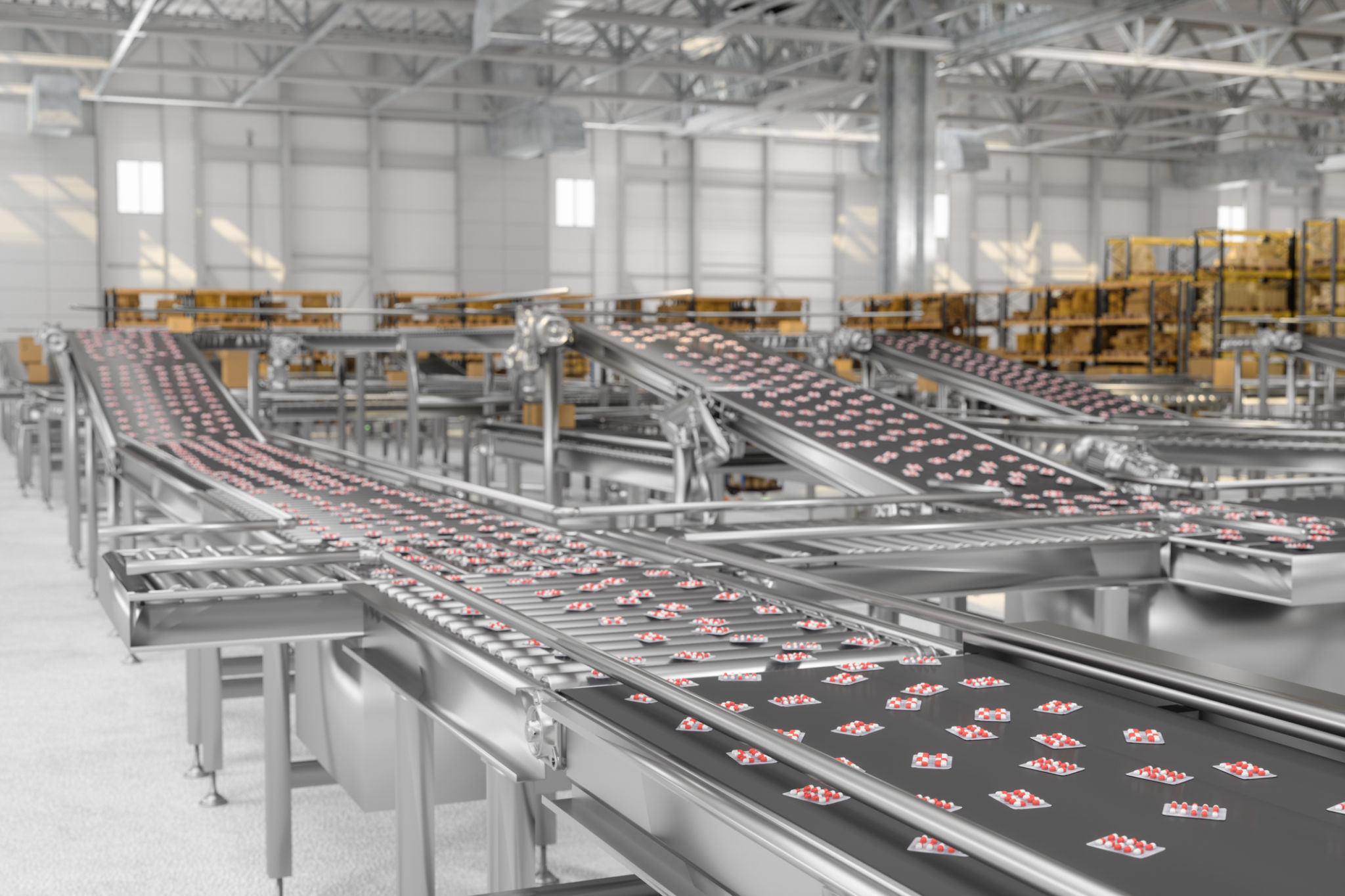Seasonal Challenges in Medical Logistics and How to Overcome Them
Understanding Seasonal Challenges in Medical Logistics
Medical logistics is a critical component in the healthcare sector, ensuring that medical supplies, equipment, and medications are delivered where they are needed, when they are needed. However, this essential service faces unique challenges during different seasons. Understanding these challenges is the first step in developing effective strategies to overcome them.

Winter Weather Disruptions
Winter poses significant challenges for medical logistics due to severe weather conditions like snowstorms and icy roads. These can lead to transportation delays, risking the timely delivery of crucial medical supplies. Additionally, cold temperatures can affect the integrity of temperature-sensitive products such as vaccines and certain medications.
To manage these challenges, logistics providers can invest in advanced weather monitoring systems to anticipate delays and reroute deliveries as necessary. Moreover, using insulated packaging and temperature-controlled vehicles helps maintain the quality of sensitive materials during transit.
Summer Heat and Its Impact
Just as winter presents its own set of challenges, summer heat can also cause issues in medical logistics. High temperatures can compromise the efficacy of drugs and medical supplies, especially those requiring cool storage conditions. Dehydration and heat exhaustion among delivery personnel are other concerns during this season.

To combat the heat, logistics companies should equip their vehicles with reliable cooling systems and train staff on heat safety protocols. Additionally, scheduling deliveries during cooler parts of the day can help mitigate the effects of extreme temperatures.
Spring and Fall: Navigating Unpredictability
Spring and fall come with their own set of unpredictable weather patterns, including sudden rainstorms and temperature fluctuations. These conditions can disrupt supply chains, leading to logistical bottlenecks that affect the availability of medical supplies.
Implementing flexible supply chain strategies is crucial during these transitional seasons. This includes maintaining a buffer stock of essential items and utilizing agile distribution networks that can quickly adapt to changing conditions.

The Role of Technology in Overcoming Seasonal Challenges
Technology plays a pivotal role in addressing seasonal challenges in medical logistics. Advanced tracking systems allow for real-time monitoring of shipments, ensuring transparency and accountability across the supply chain. Additionally, predictive analytics can forecast demand and optimize inventory levels to prevent stockouts or overstocking.
Moreover, leveraging automation in warehousing and distribution processes can enhance efficiency and reduce human error, further strengthening the resilience of medical logistics against seasonal disruptions.
Collaboration and Communication
Effective communication among all stakeholders is vital in overcoming seasonal challenges. By fostering collaboration between manufacturers, suppliers, logistics providers, and healthcare facilities, the entire supply chain can operate more smoothly even in adverse conditions.
Regular training sessions and drills can prepare teams to respond swiftly to unforeseen disruptions, ensuring that medical supplies reach their destinations without compromising patient care.

In conclusion, while seasonal challenges in medical logistics are inevitable, proactive strategies and technological advancements offer robust solutions to mitigate their impact. By preparing for these challenges ahead of time, healthcare providers can ensure uninterrupted access to essential medical supplies year-round.
